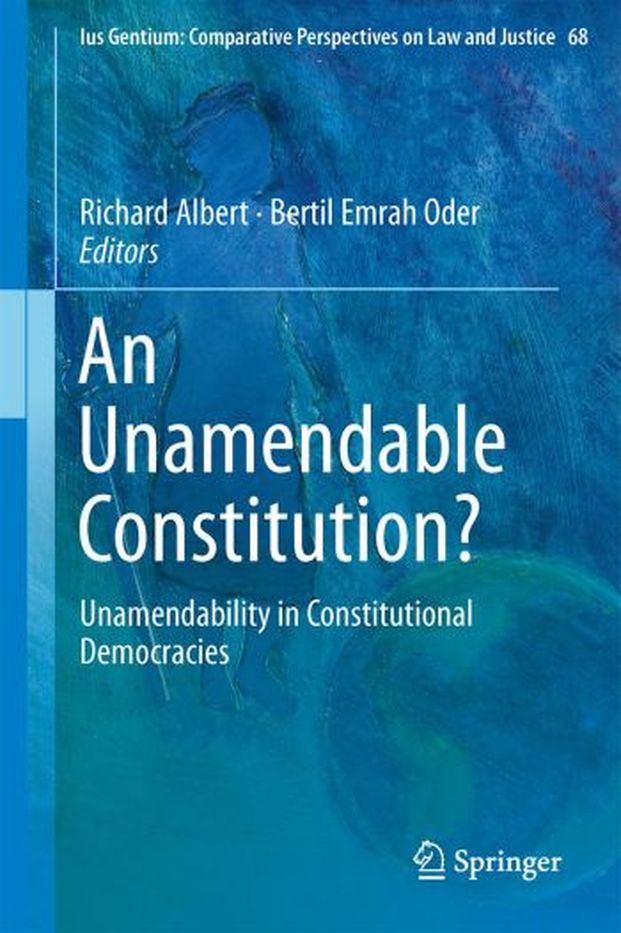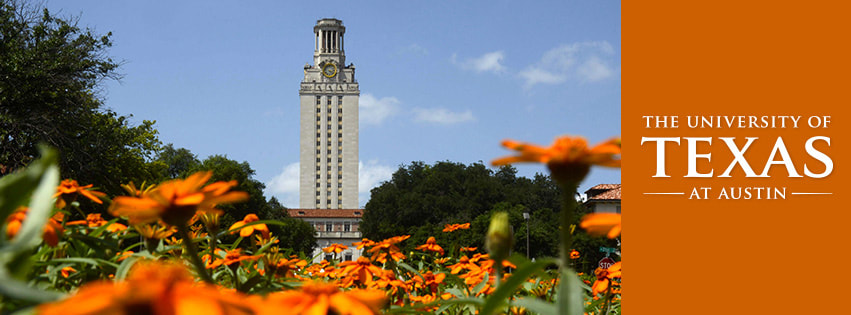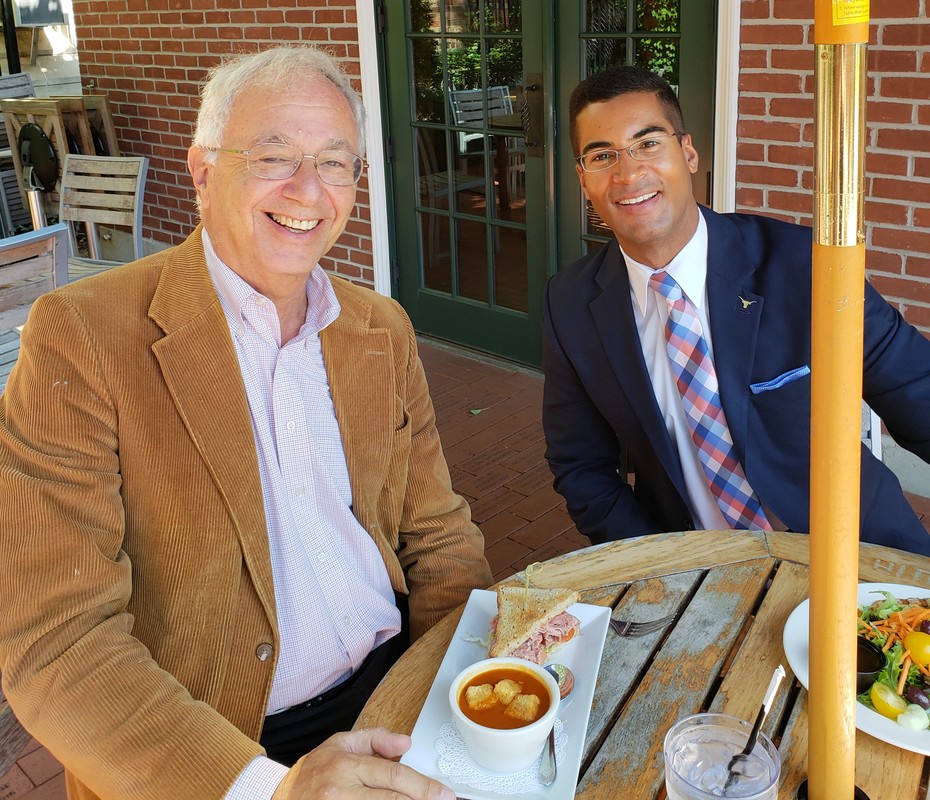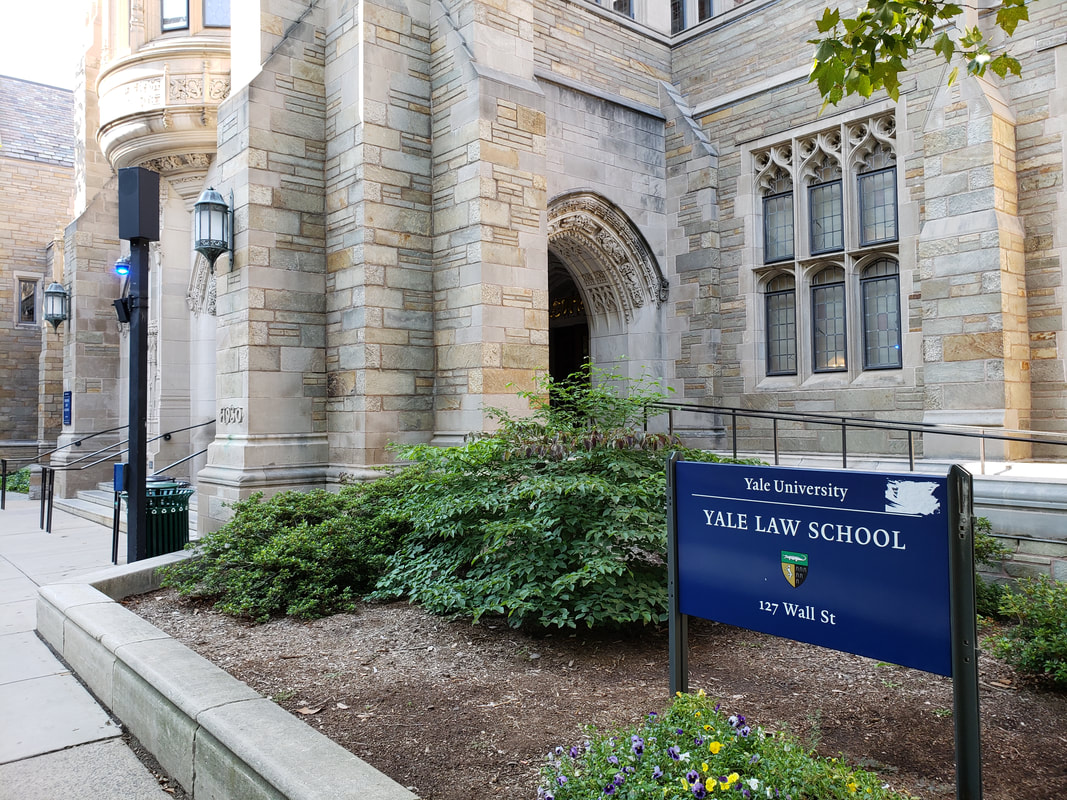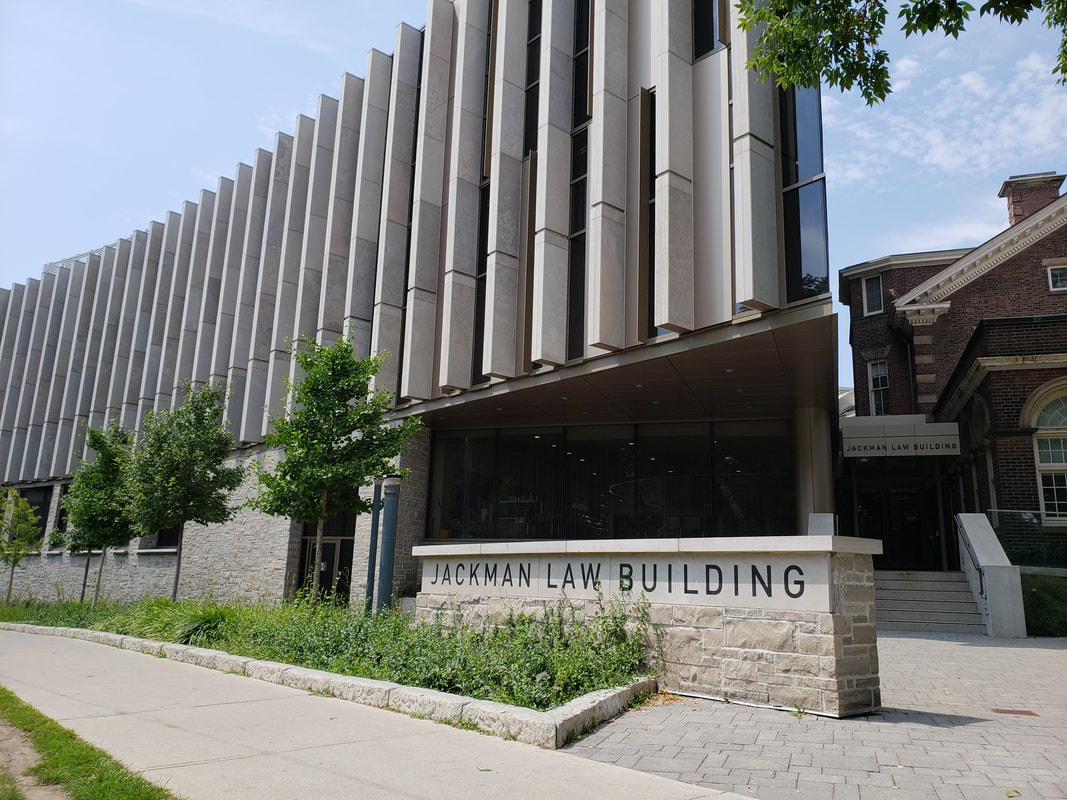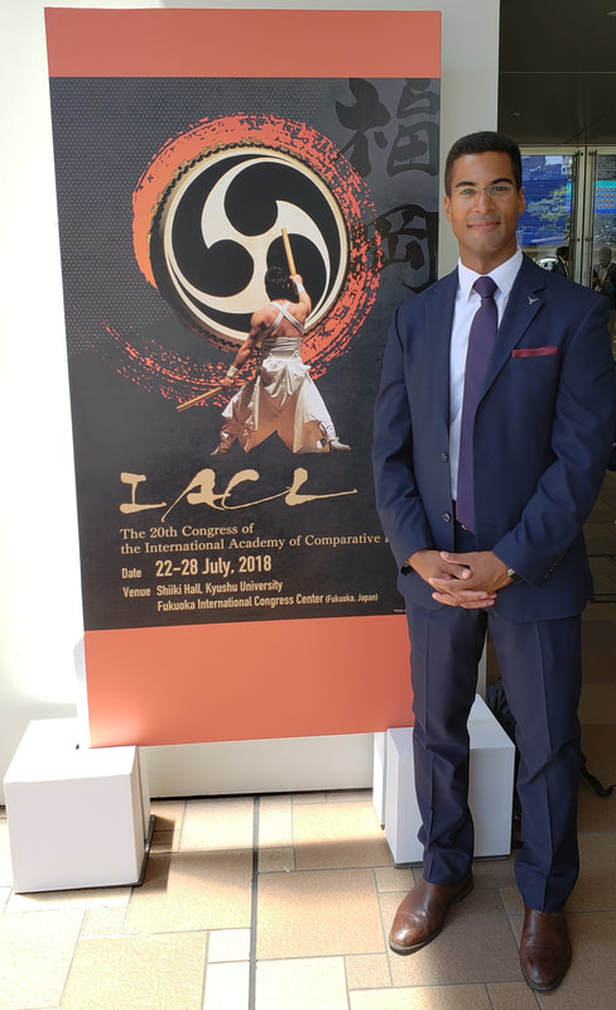|
I am pleased to announce the publication, just today, of our new book on "An Unamendable Constitution? Unamendability in Constitutional Democracies," featuring cutting-edge contributions on the subject of constitutional unamendability from comparative, doctrinal, empirical, historical, political and theoretical perspectives. More information is available here. The full table of contents follows below.
--Richard Albert An Unamendable Constitution? Unamendability in Constitutional Democracies (2018) Modern constitutionalism has given rise to a paradox: can a constitutional amendment be unconstitutional? Today, it is undeniable that the answer is yes. In many parts of the world, an amendment can be invalidated for violating either a codified or uncodified constitutional norm. This phenomenon of an unconstitutional constitutional amendment traces its political foundations to France and the United States, its doctrinal origins to Germany, and it has migrated in some form to all corners of the world. We can trace this paradox to the concept of constitutional unamendability. Whether or not it is enforced, unamendability raises fundamental questions implicating sovereignty, legitimacy, democracy and the rule of law. Introduction Chapter 1. The Forms of Unamendability Richard Albert & Bertil Oder Part I: The Legitimacy and Limits of Unamendability Chapter 2. Necrocracy or Democracy? Assessing Objections to Constitutional Unamendability Yaniv Roznai Chapter 3. A Constitution for Eternity: An Economic Theory of Explicit Unamendability Konstantinos Pilpilidis Chapter 4. Conventions of Unamendability: Covert Constitutional Unamendability in (Two) Politically Enforced Constitutions Jerfi Uzman & Gert Jan Geertjes Chapter 5. Credible Commitment or Paternalism? The Case of Unamendability Stephan Michel & Ignacio Cofone Part II: Unamendability around the World Chapter 6. Constitutional Falsehoods: The Fourth Judges Case and the Basic Structure Doctrine in India Chintan Chandrachud Chapter 7. Unamendability in Israel: A Critical Perspective Mazen Masri Chapter 8. Eternal Provisions in the Bangladeshi Constitution: A "Constitution Once and For All"? Ridwanul Hoque Chapter 9. Unamendability as a judicial discovery? Inductive learning lessons from Hungary Fruzsina Gárdos-Orosz Chapter 10. Amending the Unamendable: The Case of Article 20 of the German Basic Law Serkan Koybasi Chapter 11. Debating Unamendability: Deadlock in Turkey's Constitution-Making Process Oya Yeğen Chapter 12. The Unamendability of Amendable Clauses: The Case of the Turkish Constitution Tarik Olcay Chapter 13. Brazil in the Context of the Debate Over Unamendability in Latin America Juliano Zaiden Benvindo Chapter 14. Unamendable Constitutional Provisions and the European Common Constitutional Heritage: A Comparison Among Three Waves of Constitutionalism. Valentina Scotti Liberal democracy is under attack in many countries across the globe. It is under stress in several others. And in those countries where liberal democracy remains strong, political actors are bracing for what may come. On February 21-23, 2019, my faculty colleague Sandy Levinson and I will convene a major international conference on The Future of Liberal Democracy here at The University of Texas at Austin. Our program will gather 30 outstanding scholars from around the world to diagnose what ails liberal democracy and also to debate what can be done to save it. Panelists will examine the erosion of constraints executive power, the growing practice of constitutional replacement by constitutional amendment, as well as legal and political strategies for managing difference and diversity. In addition, panelists will discuss two provocative questions: (1) Is the Trump phenomenon an instance of American exceptionalism or is it part of larger global trend?; and (2) Is illiberal constitutionalism an oxymoron? All are welcome to attend this important program. The draft schedule follows below. For information on suggested travel and accommodation, please contact my colleague Trish Do by email at tdo[at]law.utexas.edu.
--Richard Albert The Future of Liberal Democracy The University of Texas at Austin School of Law February 21-23, 2019 Austin, Texas Convened by Richard Albert William Stamps Farish Professor of Law, The University of Texas at Austin Sandy Levinson W. St. John Garwood and W. St. John Garwood, Jr. Centennial Chair in Law; Professor of Government, The University of Texas at Austin Thursday, February 21 Welcoming Remarks 3:00pm Ward Farnsworth (Texas) Richard Albert (Texas) Opening Keynote Conversation 3:15pm-5:15pm Jack Balkin (Yale) and Sandy Levinson (Texas) In conversation with Michelle Goldberg (New York Times) Friday, February 22 Session I: Illiberal Constitutionalism: An Oxymoron? 9:00am-10:45am Jan-Werner Müller (Princeton) Vlad Perju (BC) Wojciech Sadurski (Sydney) Kim-Lane Scheppele (Princeton) Session II: The Erosion of Constraints on Executive Power 11:00am-12:45pm Asli Bâli (UCLA) Mark Graber (Maryland) Russell Miller (Washington & Lee) Miguel Schor (Drake) Session III: Managing Difference and Diversity 2:00pm-3:45pm Vicki Jackson (Harvard) Ayelet Shachar (Max Planck/Toronto) Kristen Stilt (Harvard) Sujit Choudhry (WZB Berlin) Session IV: Constitutional Identity, a panel in honor of Gary Jacobsohn 4:00pm-5:45pm Ran Hirschl (Toronto) Heinz Klug (Wisconsin) Hanna Lerner (Tel Aviv) Monika Polzin (Augsburg) With comments by Gary Jacobsohn (Texas) Saturday, February 23 Session V: The Trump Phenomenon: American Exceptionalism or a Global Trend? 9:00am-10:45am Samuel Issacharoff (NYU) Scot Peterson (Oxford) Mark Tushnet (Harvard) Mila Versteeg (Virginia) Session VI: Constitutional Replacement by Constitutional Amendment 11:00am-12:45pm Chair: Richard Albert (Texas) Carlos Bernal (Constitutional Court of Colombia) John Dinan (Wake Forest) Rosalind Dixon (UNSW) Sanford Levinson (Texas) —END— I am pleased to share the news that I have been appointed the William Stamps Farish Professor of Law here at the University of Texas at Austin. This Professorship was endowed in 1967 by the family fund in memory of Farish, who had become Chairman and President of the Standard Oil Company of New Jersey, known today as Exxon. The history of wealth-creation being what it is in this country, especially in the South, there are many questions to ask about what appears to be the Farish family's complicated past, to the say the least. But I am nonetheless very grateful to the University for this recognition.
--Richard Albert Back at Yale Law School to Co-Host International Conference on "Revolutionary Constitutionalism"8/24/2018
This weekend, I have returned to Yale University, my alma mater, to co-host a conference with Bruce Ackerman, my former law professor, on a provocative subject: "Revolutionary Constitutionalism." Our program is structured around two keynote addresses and seven panels featuring scholars from around the world. The full program is available here.
--Richard Albert Today I am at the Faculty of Law at the University of Toronto to present a draft of a chapter from my forthcoming book on constitutional amendment, to be published by Oxford University Press. Here is a photo of the new Jackman Law Building, which houses the new library, faculty offices, as well as rooms for meetings and classes.
--Richard Albert Today I am in Fukuoka, Japan to host the 2018 Younger Scholars Forum in Comparative Law. As Chair of this first-of-its-kind program, I have worked closely with an outstanding Program Committee to organize an event featuring 200 scholars exchanging ideas on timely subjects in public and private law. The full program is available here.
--Richard Albert Our new paper is now available here. We think it will be an important paper that adds a new dimension to the discussion on unconstitutional constitutional amendments. Here, below, is the abstract. Comments are welcome.
--Richard Albert The Formalist Resistance to Unconstitutional Constitutional Amendments Many courts around the world have either asserted or exercised the power to invalidate a constitutional amendment. But we should not take the increasing prevalence of the doctrine of unconstitutional constitutional amendment as evidence of its appropriateness for all constitutional states. It is imperative that constitutional actors know that there is another answer to the question whether an amendment can be unconstitutional. We have three purposes in this Article, and we seek to fulfill each of them with reference to three jurisdictions in particular—France, Georgia and Turkey—whose constitutions and attendant constitutional practices have expressly rejected the doctrine in a way that reflects what we describe as their shared formalist resistance to the doctrine of unconstitutional constitutional amendment. We seek first to demonstrate that the doctrine of unconstitutional constitutional amendment has not yet matured into a global norm of constitutionalism. We seek also to explain how a jurisdiction that expressly rejects the idea of an unconstitutional constitutional amendment operates in the face an amendment that would otherwise be invalidated as unconstitutional in a jurisdiction that has adopted the doctrine. We finally seek to evaluate what is gained and lost in a constitutional state by rejecting the doctrine of unconstitutional constitutional amendment. We find that there are both democracy-enhancing and democracy-weakening features that follow from the choice to reject the doctrine outright. Our larger purpose is inherent in the project itself: to diversify our thinking about what risks becoming seen as a necessary feature of constitutionalism but that design and practice show plainly is not. |
- Richard Albert
- Biography
- Books
- The Leaflet
- Recommended Readings
-
- 2023 Global Summit
- 2021 Global Summit
- 3rd Graduate Conference on Constitutional Change
- 2nd Graduate Conference on Constitutional Change
-
- Constitutional Renewal in Chile
- Amendment-Mania in Mexico
- The Architecture of Constitutional Amendment
- Constitutional Autocratization in Russia
- Constitutional Reform in Kenya
- Democracy in our Digital Age
- Is the United States Constitution Broken?
- Juristocracy in Brazil?
- Reimagining Policing in America
- Socialism and Constitutionalism
- Substitution of the Constitution Doctrine in Colombia
- Richard Albert
- Biography
- Books
- The Leaflet
- Recommended Readings
-
- 2023 Global Summit
- 2021 Global Summit
- 3rd Graduate Conference on Constitutional Change
- 2nd Graduate Conference on Constitutional Change
-
- Constitutional Renewal in Chile
- Amendment-Mania in Mexico
- The Architecture of Constitutional Amendment
- Constitutional Autocratization in Russia
- Constitutional Reform in Kenya
- Democracy in our Digital Age
- Is the United States Constitution Broken?
- Juristocracy in Brazil?
- Reimagining Policing in America
- Socialism and Constitutionalism
- Substitution of the Constitution Doctrine in Colombia
Research, writing, consulting on the rule of law, democracy, and constitutionalism.
richard[at]richardalbert.com
617.213.0316 [office]
617.756.2622 [mobile]
richard[at]richardalbert.com
617.213.0316 [office]
617.756.2622 [mobile]

